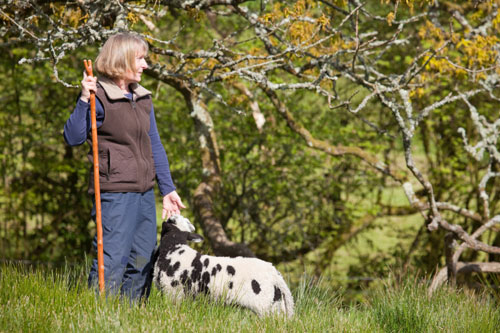
For the first followers of Jesus, his ascension marked the beginning of a new venture – when they would have to work out their message and their approach to the world – without the direct presence of Jesus to lead them. The future was unknown but was in their hands now.
Likewise for the Israelite exiles living in Babylon in the book of Isaiah. As the years roll on they slowly lose hope that God will act to redeem them so they can return home to Jerusalem. As they wait, the prophet tells them to open their eyes to what God is about to do … something new, something unheard of …
And for the folk at Croydon, a new chapter begins with a refurbished building and new look worship space. What does the future look like from here? Perhaps there is wisdom to learn from the folk at Croydon North … a new space takes time to grow into … but offers all sorts of new possibilities. Let us all be listening to God as we explore new directions.




